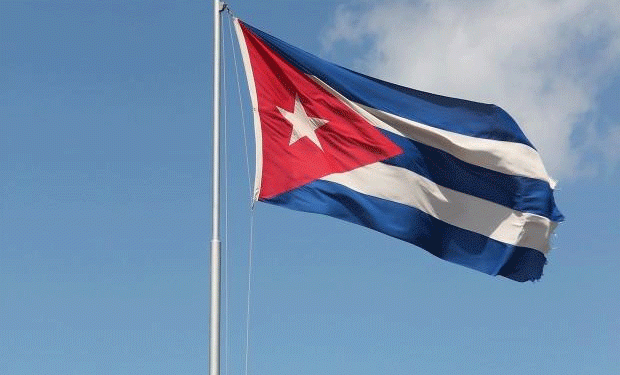In a historic and strategic move, the Cuban government has granted a Vietnamese company permission to cultivate rice in Pinar del Río, the region best known for its premium tobacco production. This unprecedented agreement allows the foreign company to lease 3,500 hectares of land from Empresa Agroindustrial de Granos de Los Palacios for three years, with the potential to expand the area to 5,000 hectares. This collaboration marks a significant step toward addressing Cuba’s pressing food security issues.
The decision to allow foreign companies to engage in agricultural production is not just a random economic move but a necessity for Cuba, which has been grappling with ongoing food shortages exacerbated by multiple crises. The situation worsened in 2024, as climate change effects, including devastating hurricanes like Hurricane Ian in 2022 and Hurricane Rafael in 2023, have left many agricultural areas in ruins. Additionally, Cuba faced severe blackouts in 2024 that disrupted normal agricultural activities and food production.
Cuba’s need for food imports is intensifying, with agriculture struggling to meet the demand due to environmental, economic, and social factors. The drop in tourism, which was historically a significant source of foreign currency, has further strained the country’s economy. With an estimated 10-18% of the population emigrating between 2022 and 2023 due to these economic difficulties, the government faces mounting challenges in stabilizing food supply and sustaining its agricultural sector.
Rice is an essential staple in the Cuban diet, and the growing collaboration with the Vietnamese company could provide a much-needed boost to rice production on the island. However, a critical question remains: will Cuba allow foreign companies to produce other key crops, such as tobacco, in regions like Pinar del Río? Though tobacco cultivation has long been a source of national pride, the government’s recent shift toward foreign agricultural involvement raises questions about future opportunities in the tobacco industry.
The Granma article did not specify whether the rice produced will be exported or reserved solely for domestic consumption. This distinction is crucial, as allowing the rice to be exported could represent a valuable opportunity for the Cuban economy, whereas restricting it to local markets may limit the economic benefits of foreign investment. What is clear, however, is that Cuba is eager to attract foreign investment, particularly in its agricultural sector, as it struggles to secure food for its population.
Cuba’s decision to allow a foreign company to grow rice in Pinar del Río signals a significant shift in the country’s agricultural policy, driven by the pressing need for food security and foreign investment. While this collaboration offers immediate relief in terms of rice production, the long-term implications for Cuba’s agriculture and economy remain to be seen. Whether Cuba will open its tobacco-growing regions to foreign investors is yet to be determined, but the recent move underscores the government’s urgency in seeking sustainable solutions to its food crises.
Error




